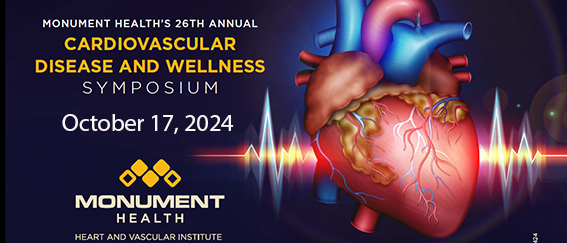|
ACC Live Courses For a listing of all ACC Live Courses please visit: https://www.acc.org/education-and-meetings/meetings |
 Latest in Cardiology from ACC.org
Latest in Cardiology from ACC.org
- Guest Editorial | Honoring Excellence: ACC's 2026 Distinguished AwardsHonoring excellence has always been at the heart of the ACC's Mission, and each year the Distinguished Awards remind us just how many remarkable individuals shape the future of cardiovascular medicine.
- Cover Story | The Adipokine Hypothesis: A New Framework For Understanding HFpEFFourteen hours a day, nearly every day for a year. That's how long it took Milton Packer, MD, FACC, to write his groundbreaking hypothesis connecting adipokines and visceral adiposity to heart failure with preserved ejection fraction (HFpEF).
- Feature | Connections That Power Progress Start at ACC.26The countdown is on and the buzz is building! From career-making connections to can't-miss conversations with experts spanning the global cardiovascular landscape, the stage is set for ACC.26 to deliver the best in science, innovation and community engagement.
- Feature | Global Scholar and Research Awards: Showcasing the Power of Investment, Mentorship and MissionEach year, the ACC's commitment to cultivating the next generation of global cardiovascular leaders comes to life through programs that open doors, accelerate careers and spark new ideas. Among the most transformative are the Hani Najm Global Scholar Awards and the William A. Zoghbi Global Research Initiative.
- From the Member Sections | How Do the 2025-2030 Dietary Guidelines Measure Up For CV Health?The Dietary Guidelines for Americans (DGA), released every five years by the U.S. Department of Health and Human Services and U.S. Department of Agriculture, are a major driver of U.S. food policy, diet quality and cardiovascular health.



